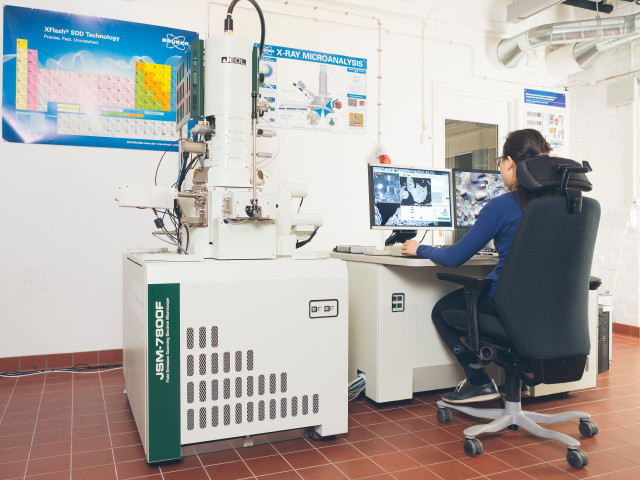Gibbs energy and driving force
Modelling of solid substitutional/interstitial solutions, carbides, oxides and intermetallics
Modelling of liquid solutions, molten metals and slags
Phase equilibria and phase diagrams
State of reference and transformation between states of reference and components
Driving force for diffusion and reactions, thermodynamic factor and mobility
Analytical and numerical methods to solve thermodynamic and kinetic problems
Order of reactions, rate constants, overall reaction rate
Parallel and series reactions in heterogeneous systems
